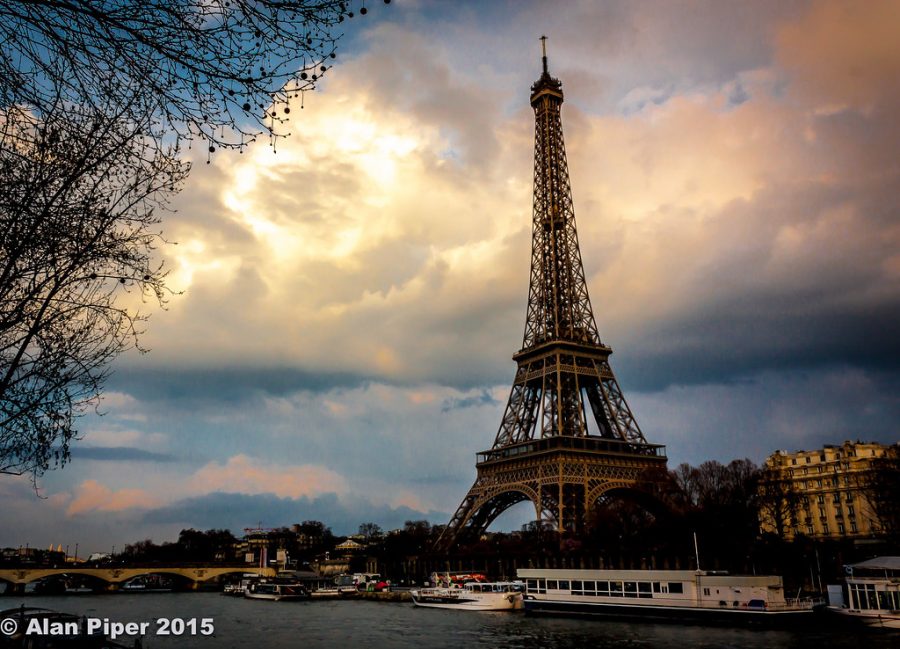History of Paris
February 28, 2022
Paris, France is one of the most visited cities in the world. Nicknamed the “City of Love” and the “City of Lights,” this magnificent city is also the capital of France. Paris has been involved in several acts of history dating back from when it was first established as a city all the way up to the present day.
First, let’s begin with the origins of Paris. Paris was first established in the 3rd Century B.C. by a Celtic Tribe called the Parisii. They were a fishing tribe located on the banks of the Seine River. Eventually, the Parisii were conquered by the Romans in 52 BC, who named the town Lutetia. It stayed with the name Lutetia until the town was finally changed to Paris during the 4th century. For centuries until the decline of the French Monarchy in the late 1700s, Paris experienced several riots and tragic events. Some of these include the Bubonic Plague killing thousands of people in 1328, the St. Bartholomew’s Massacre in 1572, and the Day of Barricades in 1588. During the late 1780s, the Enlightenment movement permeated its way through all types of people in Paris bringing ideas of equality and freedom. This led to the people of Paris attacking both the Bastille in 1789 and the Tuileries Palace in 1792. With these two violent acts, Parliament abolished the monarchy and established a new constitution in France.
However, many groups didn’t like this new government and decided to revolt, with some of them being in Paris. The army managed to fight off all of them except for the revolt of Napoleon Bonaparte, who established a Consulate after he took control of France. Along with this came the Napoleonic Wars, which finally ended in 1815 after Napoleon was beaten at the Battle of Waterloo, allowing for the signing of the second Treaty of Paris of 1815. After Napoleon’s defeat, his nephew took over, sending Paris and France into a coup d’etat. During this, Paris fixed its urban structure by knocking down the center’s fortification and expanding the metropolitan area. Then, in 1871, Paris was conquered by Prussian Troops that established the Third Republic as its new government. Under this, the Eiffel Tower, the worldwide symbol of Paris, began its construction.
A new era of Paris began from the 20th century onwards, starting with the reconstruction of separate neighborhoods all heavily affected by the two World Wars. They also experienced another bout of tragic events ranging from the takeover by the Nazis in 1940, several attacks by the OAS (Organization of the Secret Army), and terrorist attacks. All of this shaped Paris into the attractive city it is today full of new opportunities for everybody.
Overall, the city of Paris has quite an interesting history dating all the way back to the 3rd Century B.C. from when it was first established. Paris has had to survive the Bubonic plague, two World Wars, and several terrorist attacks. Despite all of these setbacks, Paris has become one of the most important cities in the world.


